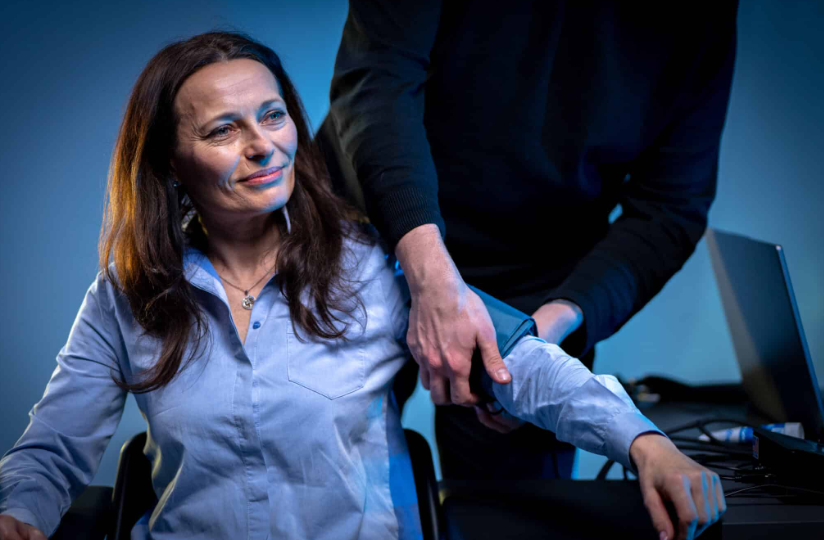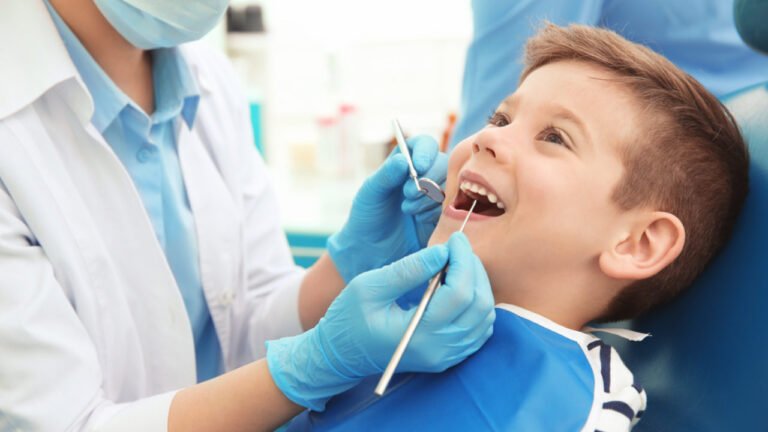Lie Detector Test in Virginia: Everything You Need to Know
Introduction
Lie detector tests commonly known as polygraph tests have long captured the public’s imagination. In Virginia, just like in other states, people often hear about them in criminal investigations, workplace disputes, or even personal matters involving trust. Yet despite their popularity, polygraph tests remain controversial. Many Virginians are unsure about how they work, whether they are accurate, and what role they play in the legal system. This guide explores the reality behind polygraph tests in Virginia: what they measure, how they are used, their legal standing, and the truths and myths that surround them.
What a Polygraph Test Actually Measures
A polygraph test does not directly detect lies—it measures physiological responses in the body. These responses include changes in breathing, heart rate, blood pressure, and perspiration levels. When a person is asked a question, the polygraph records their body’s reactions, which can indicate stress or anxiety. In theory, if someone is being deceptive, their stress levels increase, producing measurable changes. However, it is important to note that polygraphs track stress reactions, not lies themselves. This distinction is one of the main reasons courts in Virginia and across the United States treat them cautiously.
The Testing Process Step by Step
When a person agrees to a lie detector test in Virginia, the process usually unfolds in three stages. First is the pre-test interview, where the examiner explains how the polygraph works, outlines the individual’s rights, and reviews the questions to be asked. This stage also establishes a baseline for physiological responses. The second stage is the actual testing phase, where sensors are attached to the individual’s body and they are asked a series of relevant, control, and neutral questions. Finally, during the post-test phase, the examiner interprets the results and provides a report. While the procedure is standardized, the examiner’s skill and experience play a big role in the reliability of the outcome.
How Polygraph Tests Are Used in Virginia
Polygraph tests in Virginia are used in different settings. Law enforcement often relies on them as investigative tools, helping officers evaluate the credibility of suspects or witnesses. Attorneys may suggest polygraph testing as part of defense strategies, though results are rarely admitted in court. Employers in certain industries may also use them in limited circumstances, particularly in security-sensitive positions. Outside of professional contexts, private citizens sometimes turn to polygraph services in personal matters, such as resolving trust issues in relationships. In every setting, the results are used carefully, since polygraph findings are not considered definitive proof.
See also: The Importance of Emergency Ambulance Services
The Legal Standing of Polygraph Tests in Virginia
One of the most important questions is whether lie detector test results are admissible in Virginia courts. Generally, the answer is no. Courts in Virginia, like in most states, do not accept polygraph evidence because of concerns about accuracy and scientific reliability. In criminal trials, polygraph results can only be used if both the defense and prosecution agree, and a judge permits it—which is rare. In employment contexts, federal law through the Employee Polygraph Protection Act prevents most employers from requiring or requesting lie detector tests, with exceptions for certain sensitive positions. Polygraphs are completely legal for personal use, but they do not carry legal weight in disputes.
Polygraph Tests in Criminal Investigations
In Virginia, law enforcement agencies continue to use polygraphs as investigative tools even though results are generally inadmissible in court. Detectives may use them to verify statements, identify inconsistencies, or direct their investigations. A person’s decision to take or refuse a test cannot be used as proof of guilt, but it can influence how investigators proceed. For police, polygraphs are not about proving guilt—they are about gathering more information. This makes them valuable in investigations, but less significant when it comes to actual courtroom proceedings.
Employment-Related Polygraph Use
For most Virginians, lie detector tests will not come up in the workplace, since the law heavily restricts their use. Employers in security services, law enforcement, and industries dealing with controlled substances may request polygraph tests under specific conditions. Even then, strict rules apply: the test must be voluntary, employees must be notified in writing, and results must remain confidential. In most other fields, employers cannot legally require employees to undergo polygraph testing. These protections help balance the use of polygraphs while safeguarding employee rights.
Personal and Private Polygraph Services
Beyond law enforcement and employment, polygraph services in Virginia are often sought out for personal reasons. Couples may use lie detector tests when trust is questioned, such as in cases of suspected infidelity. Families may turn to polygraphs during disputes where honesty is at the center. While these tests cannot settle legal disputes, they can provide reassurance or clarity to those involved. The emotional impact is often significant, as results may influence personal decisions or bring closure to ongoing concerns.
Are Polygraphs Accurate?
The accuracy of polygraph tests remains one of the most debated topics in Virginia and beyond. Supporters argue that under controlled conditions and with skilled examiners, polygraphs can be highly reliable, sometimes reaching accuracy rates of 80–90%. Critics counter that stress, anxiety, or medical conditions can skew results, producing false positives or negatives. Likewise, some individuals can train themselves to manipulate physiological responses, reducing the test’s reliability. Because of these uncertainties, Virginia courts generally exclude polygraph results from evidence. The debate continues, but for now, polygraphs are seen as useful tools—not definitive truth detectors.
Ethical and Practical Considerations
Another important aspect of polygraph testing in Virginia is ethics. Should someone feel pressured to take a test when it is not scientifically foolproof? Should personal relationships rely on results that measure stress rather than direct honesty? Ethical practice requires informed consent, voluntary participation, and transparency about the test’s limits. Without these safeguards, polygraphs risk being misused, causing harm to reputations, relationships, and even legal outcomes. Responsible use of polygraph tests means recognizing both their potential and their limitations.
Finding a Qualified Examiner in Virginia
For those considering a lie detector test in Virginia, selecting a qualified examiner is essential. Professional examiners with certifications and proper training follow industry standards, design effective questions, and interpret results responsibly. A poorly conducted test can produce misleading results, while a professional approach helps ensure accuracy and fairness. Virginians seeking private or professional polygraph services should always verify credentials and experience before proceeding.
Public Perception vs. Reality
Thanks to movies, television shows, and sensationalized media coverage, many people believe polygraph tests are nearly infallible. The reality in Virginia is more complicated. Polygraphs measure stress and physiological changes, not direct truth or falsehood. This gap between perception and reality often creates confusion about their legal and practical role. Understanding what polygraphs can and cannot do is crucial for Virginians making decisions about whether to use them.
The Future of Lie Detection in Virginia
While polygraphs are currently the most widely used tool for lie detection, researchers are exploring new technologies that may change the field. Brainwave monitoring, artificial intelligence, and biometric analysis are being studied as potential alternatives that could surpass traditional polygraph accuracy. If these tools prove reliable, Virginia lawmakers and courts may revisit their stance on lie detection. For now, however, the polygraph test remains the standard—imperfect but useful in many contexts.
Location in Virginia
- Virginia Beach – 780 Lynnhaven Pkwy #400, Virginia Beach, VA 23452
- Norfolk – Dominion Tower, 999 Waterside Dr, & 2600, Norfolk, VA 23510
- Chesapeake – 1545 Crossways Blvd, Chesapeake, VA 23320
Conclusion
The truth about lie detector tests in Virginia is both fascinating and complex. Polygraph tests are legal but restricted, playing important roles in investigations, limited employment settings, and personal matters. They measure physiological responses linked to stress, not lies themselves, and their accuracy is the subject of ongoing debate. For Virginians, the key to navigating polygraph tests is understanding their strengths, limitations, and legal boundaries. Used responsibly, polygraphs can provide insight and guidance—but they are not, and may never be, perfect truth machines.



